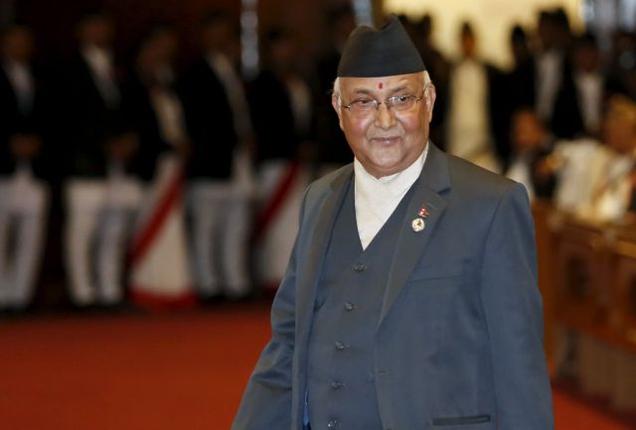Nepal's Sovereignty At The Cost Of Human Rights?
Sovereignty is a bundle of powers. The moment one part of the power falters then a nation’s independence is either threatened or weakened. Should a nation compromise its stance on human rights in order to preserve its sovereignty? Much debate has circulated in regards to the state sovereignty. It was only in the last century that humanity saw human rights nosediving for the sake of nations fighting to control and expand their territory. The 21st century records internal fights in nations which have affected human rights.
King Prithvi Narayan Shah unified Nepal on 25th September 1768. The unification per se was vehement and Nepal’s overall state till now has remained violent and abuse of human rights continue to exist. The victims, always, has been one of the communities or to say precisely the common people. What difference has it been to the world since the declaration of the 1945 United Nations High Commissioner for Human Rights (UNHCHR) and tabling of several other treaties and laws to implement human rights?
State sovereignty often has been the focus of most countries in the past, present and will unlikely change in the future. The fate of Nepal also lies on the laws and policies it implements to safeguard its territory. This step will affect certain individuals in regards to the natives. In the case of Nepal, we have had a violent history of Rana autocracy, struggle for democracies, Panchayat system, civil war, and recently the movement by Indigenous communities against the new constitution. One can only imagine as why there have been several movements as such. The schisms between achieving human rights by an individual and maintaining state sovereignty in Nepal has been a chaotic affair. I am pretty sure it is same everywhere. The intensity is different though.
Why does sovereignty matter then? A nation will cease to exist if its independence is compromised. That said Nepal has taken necessary steps to ensure rights to its citizens. On the process though Nepali women and Indigenous groups have been sidelined to the corner to face the silhouette-lit walls. The answers from the ruling parties fall into the idea that granting full rights to Nepali women and Indigenous groups might compromise the nation’s territorial control. The brighter side is a lot of people in Nepal now enjoy immense freedom than in the past.
The idea of granting human rights to every individual, both national and foreigner, is subject to whether they act against the state or not. Unless a person bores no bad intention then the state will not do anything. The victims in Nepal compromise of Tibetan refugees, women, children, and minorities. The most to suffer, however, are those who were victimized during the civil war.
The present government headed by PM K. P. Sharma Oli certainly vouches his reign over the premise that nationality overrules all other rights that need less attention. This is the case everywhere and anywhere in the world. Take for example, First Nations in Canada. They are the aboriginals and have the first right to the land called Canada. They are not tactically kept out of the government's several policies, benefits, and programs. Still they suffer a lot from depression, suicide, and abuse due to the brutal history of being systematically abused by the outsiders. The pain of the past is still embedded in the present generation and continues to haunt them in one and the other way.
Nepal continues to struggle with the Truth & Reconciliation Commission promising to provide justice to the families of the victims who were killed and disappeared. The civil war that lasted over a decade did immense damage to scores of families and the pain still continues to live with the family members. Recently, the chief of United Communist Party of Nepal (UCPN-Maoist) Prachanda managed to sign a 9-point deal with the ruling govt party United Marxist-Leninist (UML) to ensure that those involved in the civil war will not get prosecuted. If the commission is to succeed innumerable people, including several political members, will be persecuted lawfully and punished. However, they themselves are in the high position of the government. Thus, it makes difficult for the victims to get the justice they have been asking for.
The issue of human rights was used as a bargaining tool during the Cold War between the US and USSR. The same is done in the present by several countries. Nepal has been the victim of it too as neighboring countries point at the human rights abuses of the sandwiched nation whereas they themselves turn a blind eye to theirs. This hypocrisy is nothing new in the political arena of the world. While the world emerges from a slumbering superpower of America, other nations need to accept the fact that a nation’s future depends on its sovereignty. Therefore, instead of interfering and laughing at others human rights practices it is important to help the nation to figure out solutions to safeguard the implementation of human rights.
There’s a stark difference between freedom of speech and Immigration laws. Several countries have beefed up their immigration security in the present state when terrorism is spreading rampantly. If other nations can tighten their immigration laws, why can’t Nepal? But the question is what will Nepal do to preserve its sovereignty? The Himalayan nation definitely shouldn’t do so at the cost of human rights.





